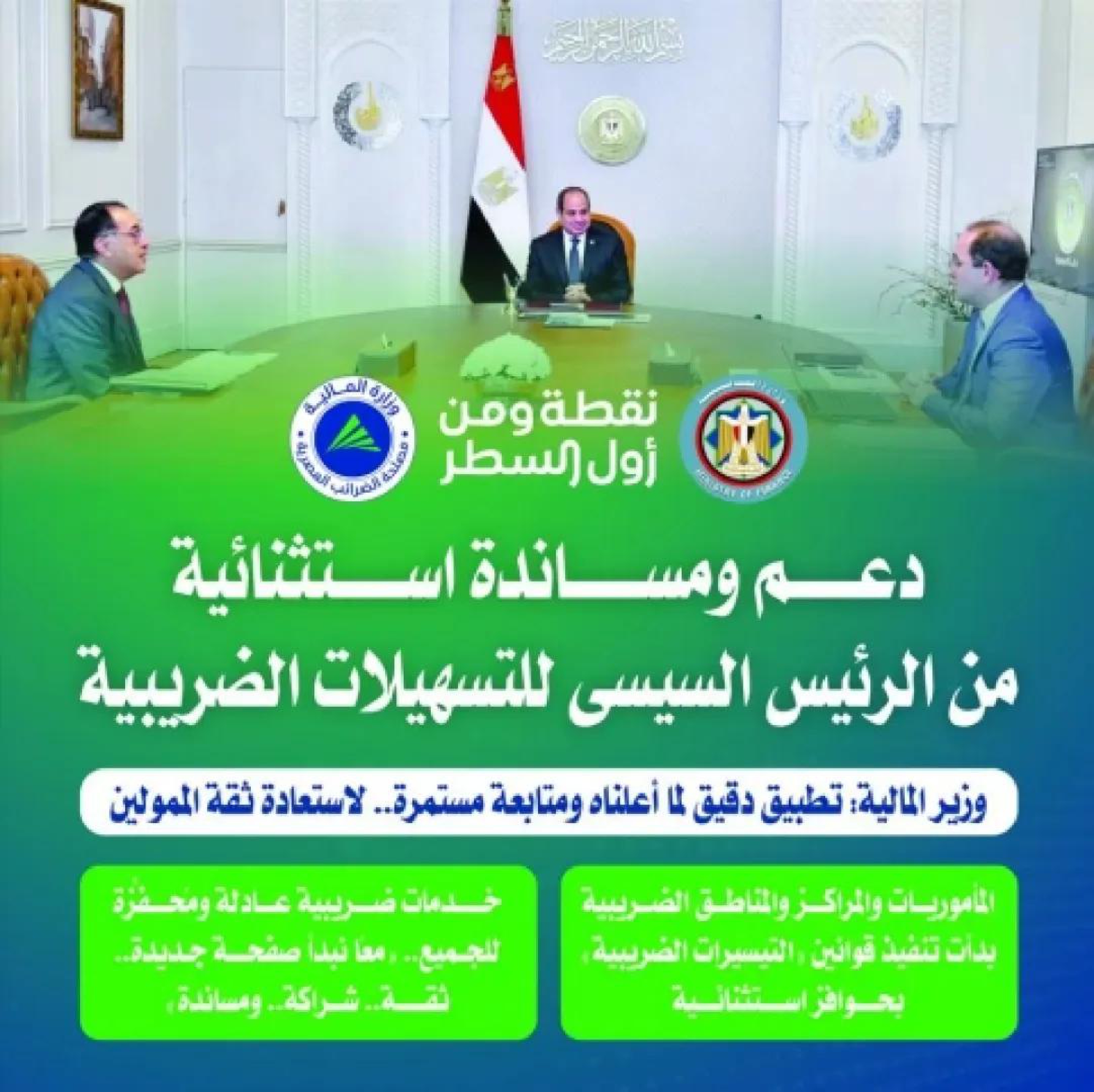CAIRO, June 16 (MENA) - The foreign ministers of Egypt, as well as Arab and Muslim countries have expressed their grave concern over the dangerous escalation in the region, which threatens the security and stability of the entire region.
In a joint statement on Monday, the foreign ministers of Egypt, Jordan, Pakistan, Bahrain, Brunei, Turkey, Chad, Algeria, the Comoros, the UAE, Djibouti, Saudi Arabia, Sudan, Somalia, Iraq, Oman, Qatar, Kuwait, Libya, and Mauritania, emphasized the need to stop Israel's hostilities against Iran, especially amid growing regional tensions.
They also underlined the importance of de-escalation efforts to reach a ceasefire and a comprehensive truce, warning about the consequences of rapidly escalating tensions in the Middle East due to Israel's ongoing aggression against Iran.
The ministers also rejected and denounced Israel's attacks against Iran since the dawn of June 13, 2025, as well as any practices violating international law, as well as the principles and purposes of the UN Charter.
They also asserted the need to respect the sovereignty and territorial integrity of states and the principles of good neighborliness, urging all parties to settle their disputes by peaceful means.
The ministers also underscored the importance of creating a Middle East free of nuclear weapons and other weapons of mass destruction, as per relevant international resolutions, guided by the principle of non-selectivity.
They also stressed that all countries in the region must accede to the Treaty on the Non-Proliferation of Nuclear Weapons (NPT), a landmark international treaty negotiated in the 1960s and in force since 1970, to prevent the spread of nuclear weapons and weapons technology, promote cooperation in the peaceful uses of nuclear energy.
The ministers also warned against targeting nuclear facilities under IAEA Safeguards, calling on the parties concerned to return to the table of negotiations as soon as possible as the only way to reach a sustainable Iranian nuclear agreement.
The ministers also emphasized the importance of respecting the freedom of navigation in international waterways and relevant rules of international law.
They concluded by asserting the need to resolve any conflicts through diplomacy and dialogue and adhering to the principles of good neighborliness, according to the rules of international law and the UN Charter.
The ministers stressed that the ongoing crisis cannot be resolved by military means.
The joint statement, issued at an Egyptian initiative, followed contacts between Minister of Foreign Affairs, Emigration and Egyptian Expatriates Badr Abdelatty and his counterparts from different countries. (MENA)
M A A/R G E
OPEN// Egypt, Arab, Muslim countries reject Israel's aggression on Iran
Egypt/Iran/Israel/Politics and Diplomacy
You have unlimited quota for this service





 ar
ar en
en fr
fr






